‘Something’ really changed, because the party, the leader who called the collapse of the Soviet Empire the greatest geopolitical catastrophe of the twentieth century, in fact lost majority support from voters and was only able to retain power through falsification of election results, writes Vakhtang Dzabiradze, former dissident and political prisoner during the Soviet Union.
Despite the disapproval of the international society, it was obvious for everyone that no one would cancel the election results, neither would there be a revolution, nor would Vladimir Putin have refused the president’s seat. Nevertheless, it’s something to be saluted that the West and its political circles slowly are starting to sober up and hopefully, at least from now on, its leaders won’t assess the political situation by looking into the eyes of Putin and ‘read’ the information there. But they will assess it on the grounds of an analysis of the political process, because as it seems and is expected, the next ten-fifteen years, the most significant geopolitical processes will unfold in Russia and the former Soviet space, and not in some Asian or African country. These processes may put into question not only the security and stability of the whole world, but the existence of civilization and mankind.
It’s not hard to imagine what may be the consequences of a sudden ‘Arab Spring’ in a Russia full of all kinds of weapon, but if someone is having trouble picturing it, he or she can get familiar with the history of Russia between 1917 and 1922!
So the problem which the whole world as well as Russia may face, is way deeper and more dangerous than election falsification; ignorance about liberal values or even the establishing of a dictatorial regime in one country. Accordingly, current events and the latest twenty years in Russia and generally the post-Soviet space, needs more attention, in-depth study and reaction, so that the dangerous tendencies do not become an irreversible, runaway political process.
The fact is that ‘something has changed’ and the Russian government wasn’t able to gain support of it’s own population neither by imperial rhetoric nor by imperial deeds; I mean the 2008 August war, when Russia first time since the collapse of the Soviet Union resorted to overt military action. However, in no way does it mean that Russian society has changed significantly.
There have always been people in Russia who despite the danger of repression protested the USSR’s invasion of the Czech Republic in 1968 on the Red Square and later the annexation of Afghanistan. But the Russian imperial ambitions didn’t abate after this; so the rally protests which followed the falsification of the parliamentary elections in December last year, rather indicates that a crisis is generally brewing in the country and currently other ideas are more important and pressing for society than restoring the empire or forming Russia into a third Roman empire.
It is well known that among all the republics, only the Baltic countries were able to get rid of the remnants of Soviet communism after the collapse of the Soviet empire and to establish democratic state structures. The other republics at best weren’t able to move beyond the level of post-Soviet development, even though they rejected the communist ideology, which was followed by de-ideologisation of the state structures; the recognition of human rights and private property rights, and after carrying out privatization of state property. But they mainly retained a Soviet technology of state structure and management.
Accordingly, the first decade after becoming independent, the former Soviet republics were marked by de-communisation and privatization.
De-ideologisation of government structures and privatization of public property, a process in which the old party-political and agricultural elite was actively involved and in fact fully possessed this property, naturally reduced the level of government harassment of society, which in turn created an unusual pseudo ‘Homo sovieticus’ liberal-anarchical environment.
The privatization process brought a sharp social differentiation to bear on the population. Western capital also indirectly took part in this process. The majority of the population even lost some of the social guarantees which the Soviet government was providing them with. There arose a nostalgia for the past, which caused a need to change government in a number of countries.
It seemed that the new government, which can be regarded as an heir or offshoot of the older one, should grant legitimacy to the not-so-fair privatization deals struck during the tenure of the former government, and thus to emphasize and prioritize the inviolability of private property principles. In addition, it should have implemented liberalization of the state management system, which would have created conditions for a fast and effective enactment of new economic relations. However, as a rule, the change of government was followed by full or important personnel changes of bureaucracy in the middle and lower government bodies. A new form of vertical government was established with new personnel which hadn’t received benefits from the privatization process and now was given the chance to have their losses reimbursed.
Accordingly, in almost all former republics, where there has been a change of government, there was a reassessment of the privatization process. This was followed not only re-privatization of the privatized property, but the redistribution of business too.
As a result, instead of a free business sphere, an environment of powerful clan-based business monopolies was formed. The population, who in the first stage believed it was justified to seize the property from former officials, got into a worse situation, because the monopoly power clan environment even cemented the process of impoverishing people, and this again raised the demand for change.
On the other hand, the new governmental clan tries to retain the power at any price, because it fears that losing political power will entail also losing the money gained during its political tenure and sometimes losing freedom too (imprisonment). So as soon as the reassessment of the privatization results and the redistribution of property started, at the same time a a Soviet technology of management was restored, instead of a system of liberalization; government monopolization was implemented instead of de-ideologization of governmental structures, and there was a politicization of governmental structures, including law enforcement bodies.
The situation is the same not only in Russia, but in all former Soviet Republics, which still mainly create social-political sphere in which the level of confrontation and protest caused by social injustice increases, resulting in a volatile environment.
Not only Russia faces this problem, but also former Soviet republics which are still significantly affected by the social-political processes active in Russia. So the elections in these countries detect not one sole winner political party or leader, but the strategic direction of the country’s development, and this is exactly the key issue.
If we leave out the liberal-democratic values, the return of Vladimir Putin to the power means retaining the strategic direction of Russia’s development, which Putin himself started ten years ago and which we might term a neo-imperial strategy.
Even if Putin wishes to, liberalization of government and conducting democratic reforms will be difficult for him, because he no longer has holds the support of the population or the reserve of political capital which is necessary to conduct democratic reforms. So if he begins the way of democratization, he will have to gain the political and financial support of the West. But if he continues the neo-political direction, he will be obliged to confront the West (and not only the West) – both politically and economically.
Not only Putin faces a forced decision, but also the West. Even twenty years after the USSR’s collapse, the West wasn’t able to work out a smooth and deliberate policy towards Russia and towards the other recently independent states. It’s a fact that the West wasn’t prepared for the USSR’s collapse, so despite recognizing as independent the former Soviet republics, the West perceived this space politically as one common space, especially in the following decade (1991-2000).
Despite trying to make some differentiation, which was followed by the so-called ‘colored revolutions’, but they also failed, because these ‘revolutions’ were still implemented with the agreement of Russia and in some cases even with Russian support.
The Western policy to humanize the former Soviet space has failed. If the West wishes to continue this policy towards Russia and the other former Soviet republics and do not prepare more smooth and effective policy, there is a great possibility that Russia will reintegrate the former Soviet republics back into a new Soviet Union, but the new Soviet Union won’t be the same as it used to be in 1980s and 1990s. It will be as aggressive as it was in the 1930s, but with the modern military and socio-economic conditions of our time.
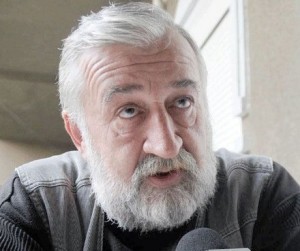
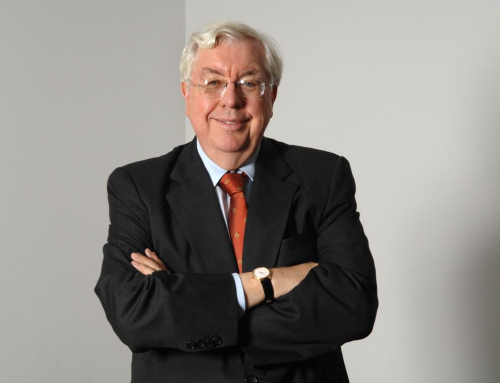

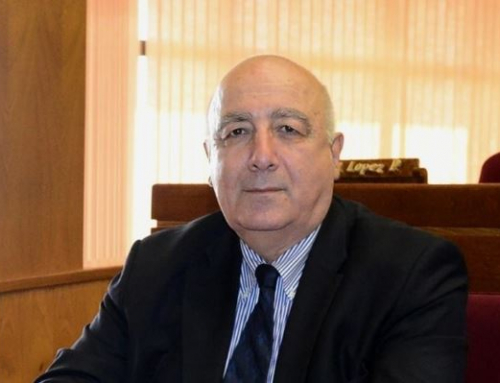
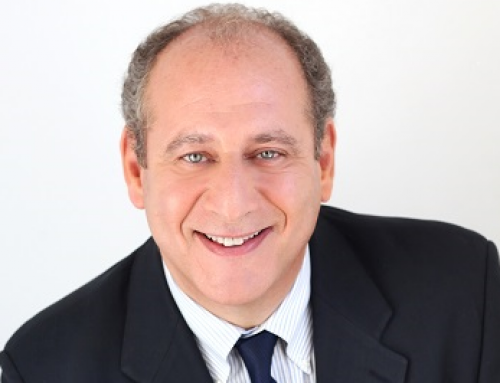
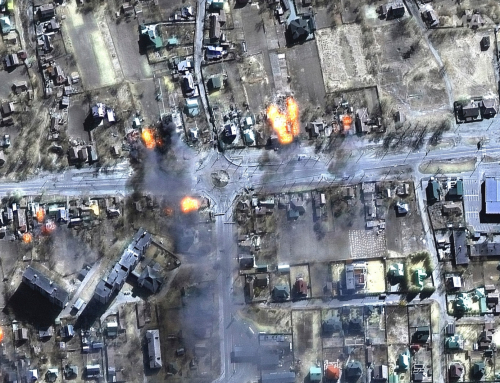
Leave A Comment
You must be logged in to post a comment.